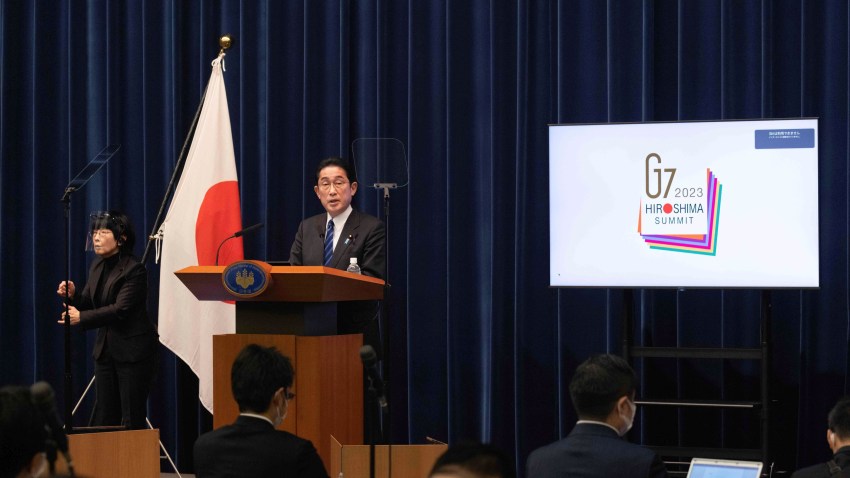When the leaders of the major Western powers meet in Hiroshima, Japan, for the annual Group of Seven summit this week, they will have to decide what vision of global leadership they want to project to the rest of the world. It is certain that the U.S. and its allies will use the occasion to reassert their unity in opposition to Russia’s war on Ukraine and China’s military and economic assertiveness. It is less clear what the G-7 will say about resolving some of the issues currently plaguing non-Western states, including heavy debt burdens and rampant inflation.
The G-7 has long oscillated between acting as a club for Western leaders and serving as a platform for them to reach out to their counterparts from Africa, Asia and Latin America. The group first emerged as a Western talk shop against the Cold War backdrop of the 1970s, initially comprising the U.S., the U.K., France, Germany and Japan, before quickly adding Italy and Canada. In the 1990s, in the aftermath of the dissolution of the Soviet Union, the group invited Russia to join, making it the G-8. In 2000, Japan invited the presidents of Algeria, Nigeria and South Africa to a G-8 summit in Okinawa. Successive G-8 presidents often brought in leaders from major emerging economies, including China and India, and placed an emphasis on Africa’s economic growth.
There was much talk of formally expanding the group to include a handful of leading non-Western powers, but that took a back seat during the 2008 global financial crisis, when the U.S. turned to the broader-based G-20 to chart a way back to stability. In 2014, the group’s original members expelled Russia over its seizure of Crimea, returning it to its previous format. The G-7 has nonetheless continued to invite leaders from other regions to join its deliberations, although it is noteworthy that China has not been counted among the additional participants since 2009.

